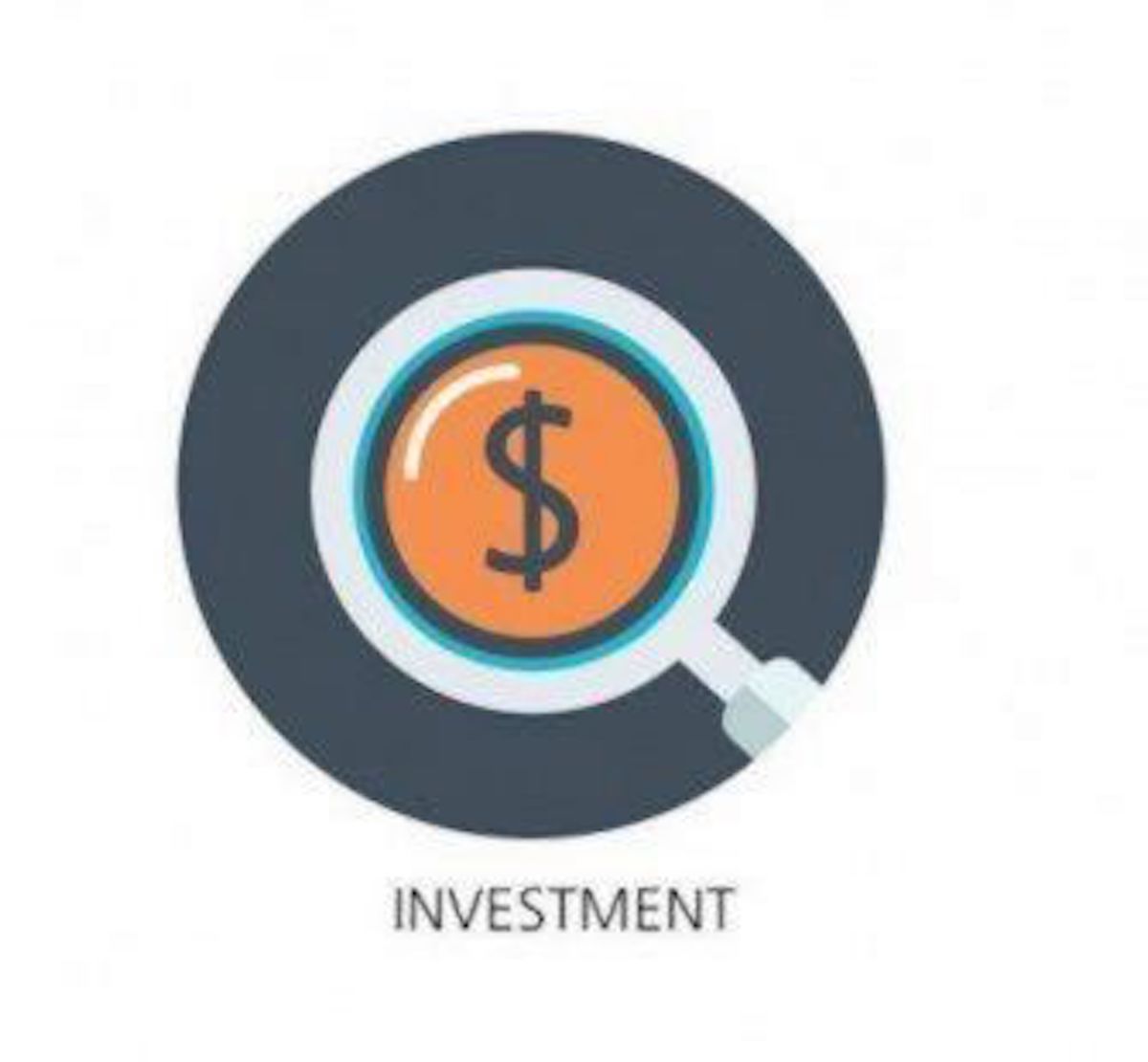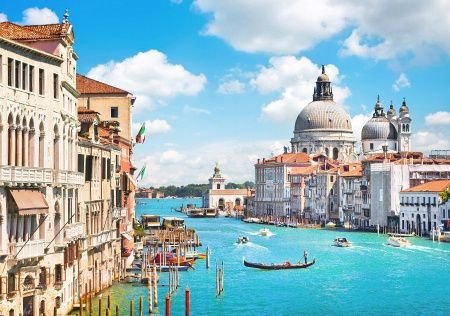
Ranking and tuition fees are the most important things to consider when pursuing an MBA overseas. The U.S. News recently released its MBA rankings, showing the tuition and enrollment figures for the top 14 business schools. The most expensive tuition was MIT Sloan, at more than USD 65,000 for one year of tuition, with that adding up to over USD 130,000 over the two-year program; Boston is one of the most expensive areas in the U.S., so if we assume USD 2,000 a month for living expenses, or USD 45,000 for two years. Therefore, the cost of obtaining an MBA is calculated to be about USD 175,000 if everything goes smoothly. To put it another way, in the U.S., there is a culture of high tuition fees for those who can afford it, and for those who cannot, a variety of scholarships or long-term educational loans are available depending on grades.
Let's look at the cost of getting an MBA from a different perspective and think of it as an investment: if you think of it as a personal investment of USD 175,000, you can expect your annual income to increase by 20% from USD 100,000 before you get your MBA, to USD 120,000 after you achieve the degree. This is equivalent to a 20% yield, making it an attractive investment that will pay for itself within 10 years. Since MBA rankings in Europe and the U.S. are created based on this perspective, business schools operating in regions where the culture of welcoming MBA graduates with increased remuneration is not so deeply rooted will inevitably find it difficult to appear in the European and U.S. MBA rankings.
In Japan in particular, the value of MBA education itself has been underestimated because despite the country's economic growth, management education institutions have neglected efforts to provide the management education needed by the real world, and companies have developed their own employee education systems. Of course, it is true that MBA education in Japan is still immature compared to Europe and the United States, but I feel that the situation has changed drastically in the past 15 years. In another 15 years, business schools with tuition fees of 10 million yen (USD 100,000) will appear in Japan, and the day will come when education commensurate with such fees will be provided.
| Rank | Business School | Annual Tuition | Enrollees |
| 1 | Stanford University | $61,875 | 825 |
| 2 | Harvard University | $61,225 | 1867 |
| 3 | University of Pennsylvania (Wharton) | $62,424 | 1711 |
| 4 | University of Chicago (Booth) | $61,520 | 1181 |
| 5 | Massachusetts Institute of Technology (Sloan) | $65,750 | 812 |
| 6 | Northwestern University (Kellogg) | $61,596 | 1047 |
| 7 | University of California-Berkeley (Haas) | $54,066 | 503 |
| 8 | Columbia University | $63,148 | 1270 |
| 9 | Dartmouth College (Tuck) | $61,605 | 558 |
| 10 | University of Virginia (Darden) | $54,698 | 633 |
| 11 | New York University (Stern) | $60,744 | 798 |
| 11 | University of Michigan-Ann Arbor (Ross) | $59,450 | 886 |
| 13 | Duke University (Fuqua) | $58,000 | 876 |
| 13 | Yale University | $58,975 | 625 |

 Brochure
Brochure
 Info Session
Info Session
 Application
Application
 Alumni Voices
Alumni Voices














